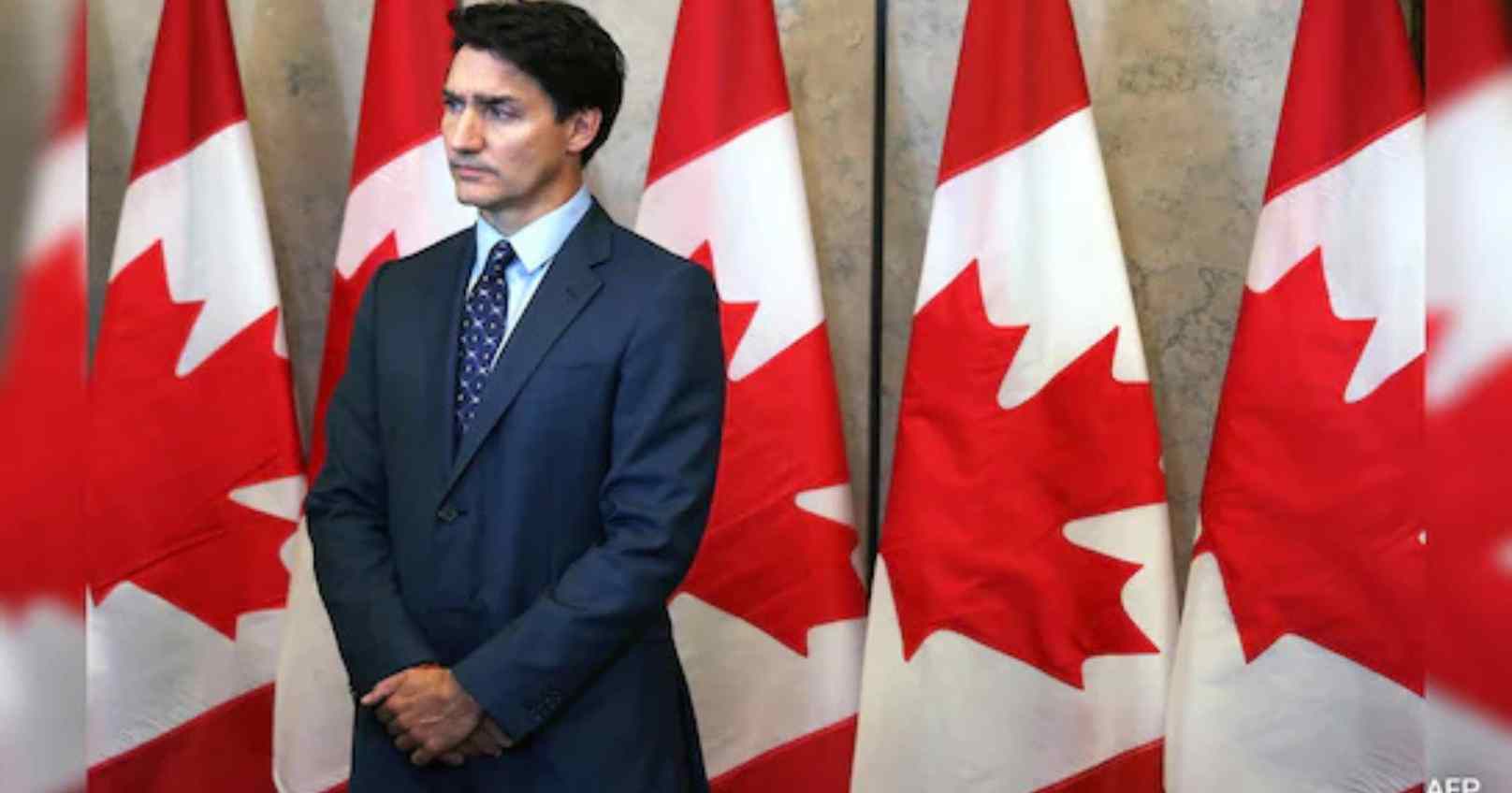The United States on Tuesday claimed that India is not cooperating with Canada’s investigation into the killing of Khalistani terrorist Hardeep Singh Nijjar last year, according to State Department spokesperson Matthew Miller. The statement comes as the diplomatic spat between India and Canada continues to escalate.
India has firmly denied Canada’s assertion that credible evidence of its involvement in Nijjar’s killing was shared. Dismissing the claims as "preposterous," Indian officials accused Canadian Prime Minister Justin Trudeau of making baseless allegations to appease his country’s sizeable Sikh population for political advantage.
Miller remarked, "The allegations are extremely serious, and they need to be taken seriously. We have expressed a desire for India to cooperate with Canada in its investigation, but it is clear they have chosen not to."
India’s Ministry of External Affairs responded sharply, referencing Trudeau’s history of strained relations with India, citing his 2018 visit aimed at gaining support from a Sikh vote bank, which ended in controversy. The Ministry also pointed out that members of Trudeau’s Cabinet have been associated with extremist and separatist movements concerning India. Furthermore, India criticized Trudeau for meddling in its internal affairs, most notably in December 2020.
New Zealand, a member of the Five Eyes intelligence-sharing alliance, also weighed in, marking the second such nation to address Canada’s allegations against India. Foreign Minister Winston Peters commented that if the criminal conduct outlined by Canadian authorities is proven, it would be "very concerning," but stressed the importance of upholding the rule of law.
India, meanwhile, has countered by accusing Canada of sheltering individuals linked to organized crime. External Affairs Minister S Jaishankar expressed frustration with Canada’s immigration policy, citing instances where people with criminal backgrounds in Punjab were welcomed in Canada, despite repeated warnings from India. "These are wanted criminals from India, and yet Canada has granted them visas," Jaishankar said in May, following the arrest of three Indian nationals allegedly involved in Nijjar’s killing.
Nijjar, a prominent figure in the Khalistani movement, was shot dead in Surrey, Canada, in June last year. Trudeau has publicly accused India of complicity in the assassination, a claim India has consistently denied. In response to the escalating tensions, India has not only recalled its High Commissioner from Canada but also expelled six Canadian diplomats from New Delhi.







